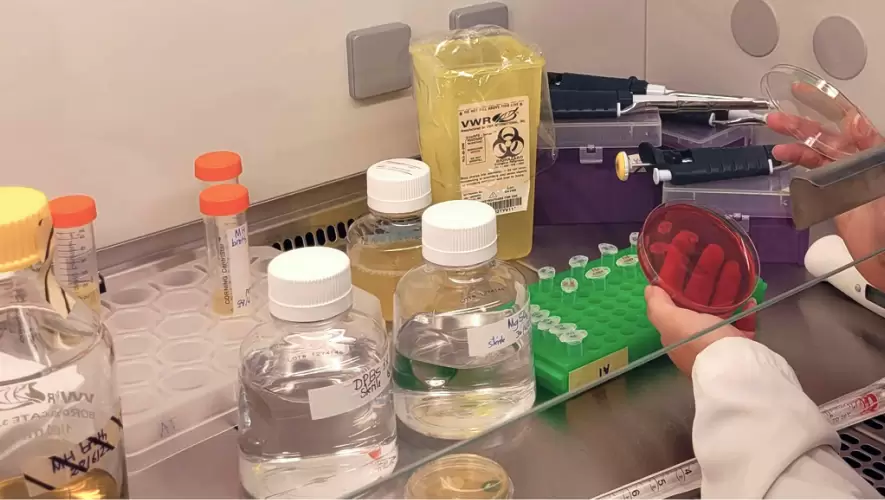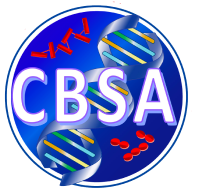Presentation

The lab: creation and field of research
Created in January 2022, the Bacterial Communication and Anti-infectious Strategies research unit (CBSA, UR4312) is the result of the merger of the Signals and Microenvironment Microbiology Laboratory (LMSM, EA4312) of the University of Rouen Normandy and the Stress-Virulence team of the Microbial Risks Research Unit (U2RM, EA4655) of the University of Caen Normandy. Consisting of a single team spread over the sites of the IUT of Evreux and the campus 1 of the Unicaen, the UR CBSA focuses its work on the role of communication and environmental signals in the adaptation, response to bacterial stress and virulence, and the development of new anti-infective strategies.
Our team is interested in the systems of perception and transduction of stress signals and the different communication mechanisms between bacteria or between bacteria and host, leading to a concerted molecular response and to the expression of their virulence and resistance/tolerance to antibiotics.
These processes are explored in several complementary models of host-bacteria interactions in humans and plants. Understanding the molecular mechanisms of adaptation will make it possible to assess microbiological risks and develop new strategies for combating pathogenic bacteria in humans and plants.
The scientific strategy
The scientific strategy of the UR CBSA is based on the following five thematic areas:
- Envelope and sensors: study of the role of the bacterial envelope in the adaptation of bacteria to their environment, their host, the formation of biofilm and virulence
- Communication in the human microbiota: cutaneous, intestinal and pulmonary
- Communication in the plant microbiota: colonization, plant protection and new control agents
- Microbiological risks and antibiotic resistance: metabolism/virulence/response to stress relationship and assessment of the microbiological risk linked to the environment
- Anti-infective strategies: new strategies to fight infections caused by bacteria that are multi-resistant to antibiotics
